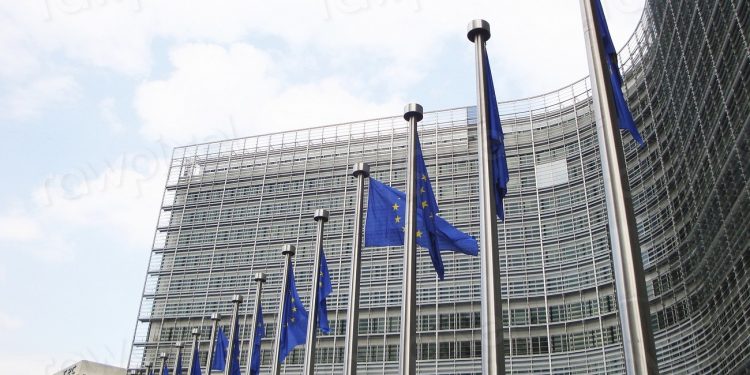European Union member states have given preliminary approval for a naval mission aimed at protecting ships from attacks by Yemen’s Iran-backed Houthi militia in the Red Sea. This move comes in the wake of increased Houthi attacks on commercial shipping in the region, disrupting one of the world’s busiest maritime routes and causing significant rerouting and delays in global trade.
Background of the Red Sea Crisis
The Houthi rebels, controlling significant parts of Yemen, have escalated their maritime attacks in solidarity with the Palestinians, targeting ships believed to have connections to Israel. This uptick in aggression has led to a notable increase in the diversion of commercial vessels to alternate routes, with many opting to circumnavigate southern Africa, resulting in increased costs and delays.
The EU’s Strategic Response
The proposed EU mission, aimed at being operational by February 19, seeks to collaborate with the U.S.-led Operation Prosperity Guardian while maintaining its distinct command structure under the EU’s Common Security and Defence Policy (CSDP). The mission involves deploying at least three ships, initially contributed by France, Italy, and Germany. This operation, while separate from the U.S. initiative, illustrates the EU’s commitment to securing its trade interests and maintaining navigational safety in the strategic Red Sea corridor.
Diplomatic and Operational Challenges
Despite the broad consensus, the EU faces several challenges in executing this mission. There is an ongoing debate over the rules of engagement, particularly concerning the boarding of suspicious vessels and the use of force against potential threats. Furthermore, some EU countries, including Spain, have expressed reservations about participating in a U.S.-led coalition, highlighting the need for EU autonomy in command and control. These divergences underscore the complexity of the situation and the need for a coordinated, yet independent, EU response.
Implications and Future Steps
The EU’s involvement in the Red Sea signifies a proactive stance in addressing maritime security threats that directly impact its economic interests. However, analysts caution that a military approach alone may not suffice. The situation calls for a multifaceted strategy that includes diplomatic efforts to address the underlying regional instability, particularly the situation in Yemen and the broader Red Sea region.
As the EU navigates these challenges, the world watches closely to see how this new mission will unfold and impact the dynamics in one of the most crucial maritime regions globally.



























